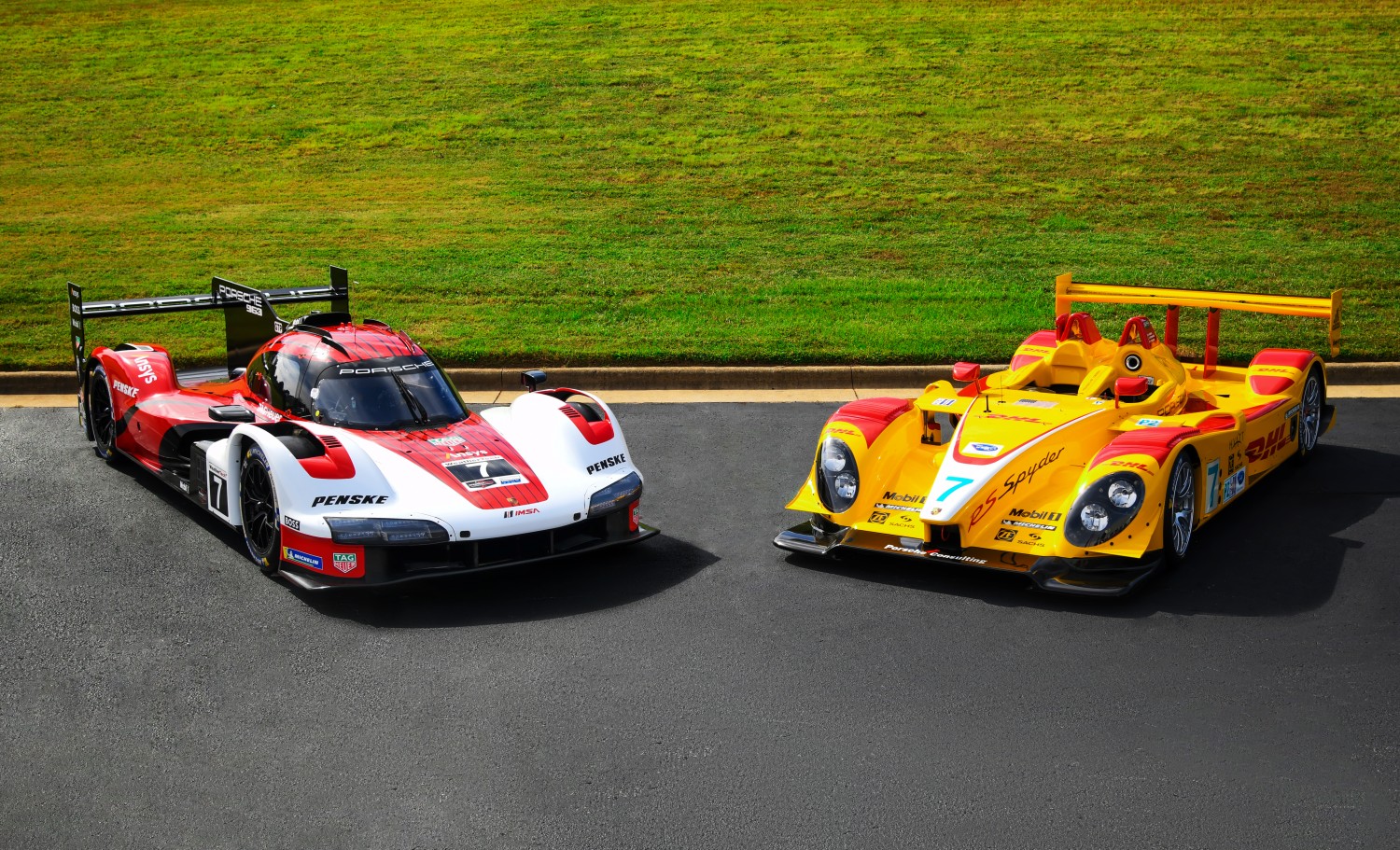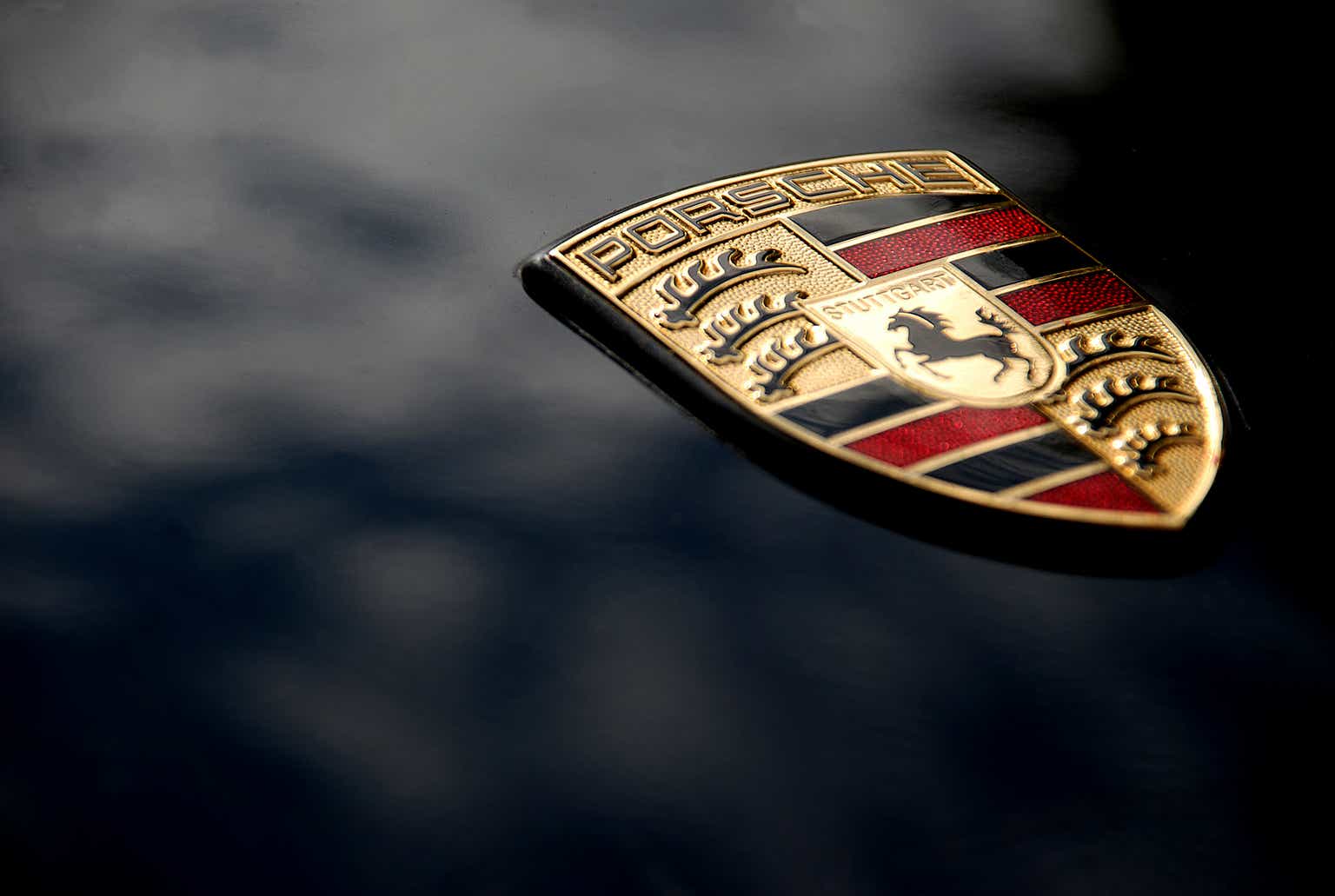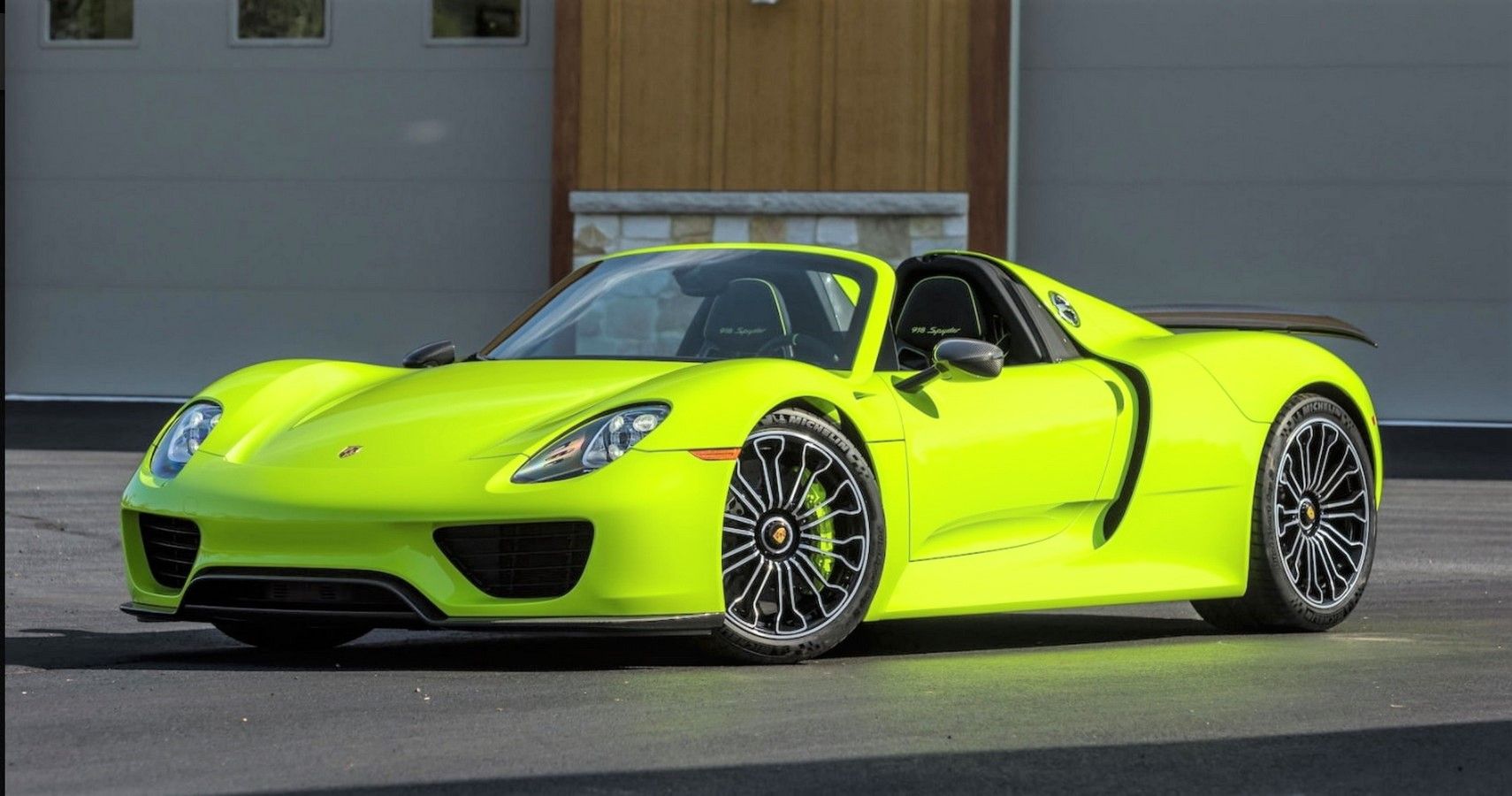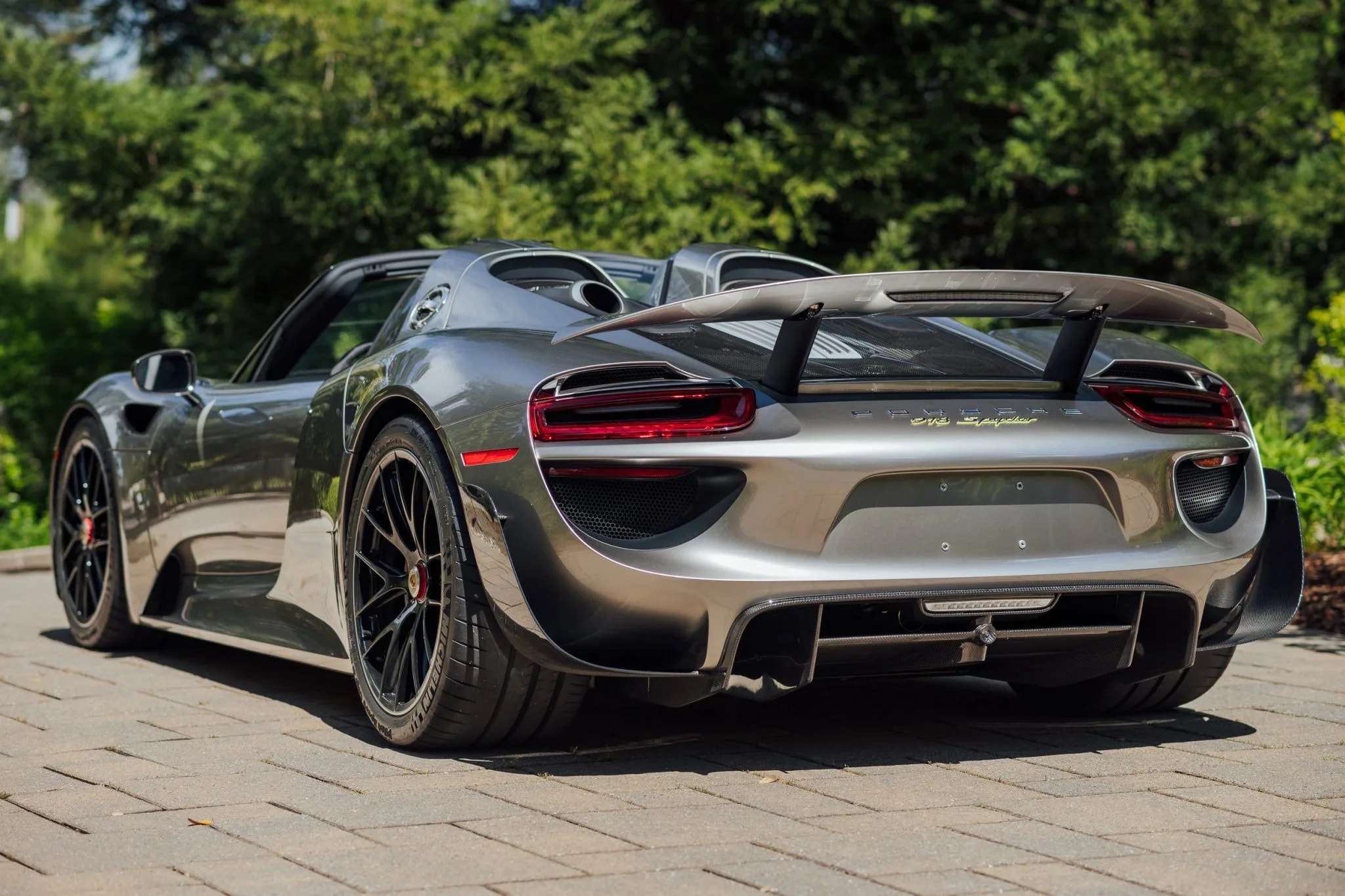Who Owns Porsche Se? Understanding The Ownership Structure Of Porsche And Its Impact On The Automotive Industry
Share

Porsche SE, the holding company that oversees the operations of the esteemed Porsche AG, has long been a subject of fascination among car enthusiasts and industry analysts alike. When we ponder "who owns Porsche SE," the answer goes beyond the mere names of its shareholders; it intertwines with the fabric of automotive history. In this blog post, we’ll delve into the ownership structure of Porsche SE, explore its relationship with Volkswagen AG, and discuss the implications of its ownership on the luxury car market.
The Ownership Landscape: A Historical Perspective
Porsche SE traces its roots to the original Porsche company founded by Ferdinand Porsche in 1931. The company initially focused on vehicle development consulting. However, the dynamic of ownership began to shift dramatically in the late 20th century. By the early 2000s, Porsche was navigating through both financial highs and lows.
In 2009, Porsche SE initiated a controversial takeover of Volkswagen AG (VW), which would later culminate in a complex web of ownership where both companies found their identities interlinked. As a result, Porsche SE became a powerful player in the automotive industry, with a significant stake in VW.
Major Players in Porsche SE Ownership
The primary ownership of Porsche SE lies with the Porsche and Piëch families. These families have maintained a close relationship with the brand since its inception, wielding considerable influence over decision making within the company. Currently, the ownership is roughly split between the families, with the Porsche family holding approximately 50.7% of the voting shares while the Piëch family owns about 49.3%.
Additionally, this unique family-controlled structure promotes passion and commitment to Porsche’s values, ensuring that the brand continues to push boundaries in automotive innovation and luxury performance. This ownership dynamic fosters a long-term vision that's often lacking in publicly traded firms.

Porsche SE and Volkswagen AG: An Intricate Relationship
The relationship between Porsche SE and Volkswagen AG is intricate yet fascinating. As of the latest updates, Porsche SE is the majority shareholder of Volkswagen AG, controlling approximately 31.4% of the voting rights. Conversely, this connection allows Porsche SE to wield significant influence over VW’s strategy, aligning it with the high-performance philosophy that defines Porsche AG.
This ownership model has advantages, particularly in decision-making processes. Porsche can leverage VW's vast resources and technologies, enabling it to innovate while staying true to its high-performance heritage. The resulting synergy opens opportunities for new models and enhancements across the Porsche lineup.
Implications of Ownership on Market Dynamics
The ownership structure has significant implications for both brands, especially given the fierce competition in the luxury automotive sector. With Porsche SE controlling VW, it can strategically direct investments toward areas that align with both companies' visions—such as electric vehicle (EV) technologies and sustainability practices.
Under the umbrella of VW, Porsche has made huge strides in electric vehicle development with the introduction of models like the Porsche Taycan, a fully electric sports car that blends performance with eco-friendliness. This commitment to innovation is crucial in a market increasingly focused on sustainability.

Recent Developments and Future Outlook
The automotive landscape is changing at a rapid pace, with electric vehicles and autonomous driving technology taking center stage. In light of this, the strategic direction set forth by the owners becomes even more critical.
Porsche SE’s leadership has emphasized a vision toward sustainability and electrification. With an increased investment in electric models and innovative technology, the company aims to maintain its competitive edge. Future models, potentially including updated versions of classics like the 911, are likely to blend performance and electric capabilities, catering to an expanding market of eco-conscious consumers.
Moreover, the potential expansion can lead to more collaborations and partnerships that extend beyond the automotive industry, exploring avenues like AI, data analytics, and beyond—technologies that will shape the future of mobility.

Conclusion: Who Truly Owns Porsche SE?
In summary, determining "who owns Porsche SE" reveals a complex interaction of family legacy, corporate strategy, and market dynamics. With the majority stake held by the Porsche and Piëch families, the influence and direction of Porsche AG and Volkswagen AG continue to reflect their commitment to heritage, innovation, and performance.
As Porsche SE navigates through the challenges and opportunities presented by the evolving automotive industry, it must balance tradition with modern requirements. The stakes are high, but so are the rewards—ensuring that Porsche remains at the forefront of automotive excellence for years to come.

For car enthusiasts eager to learn more about Porsche’s rich history and future endeavors, staying informed and engaged with the latest updates on ownership and innovations is essential. The journey of Porsche SE is not just about who owns it; it's about the legacy it continues to forge on the global automotive stage.